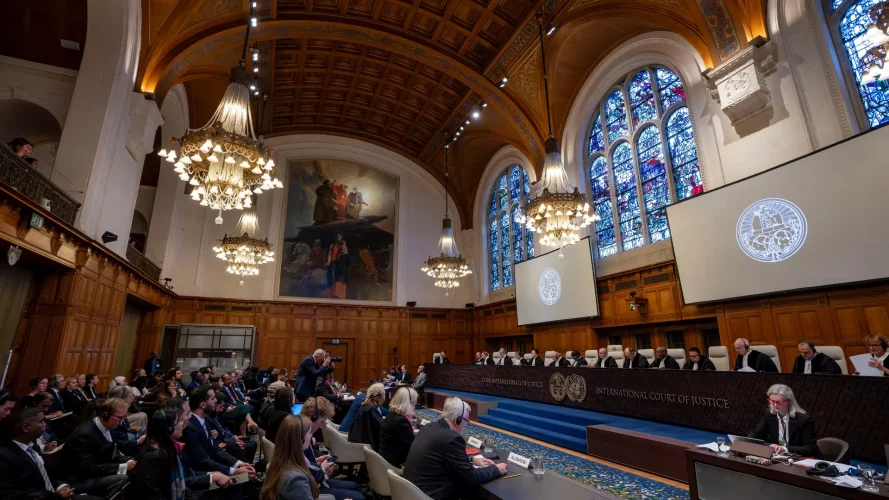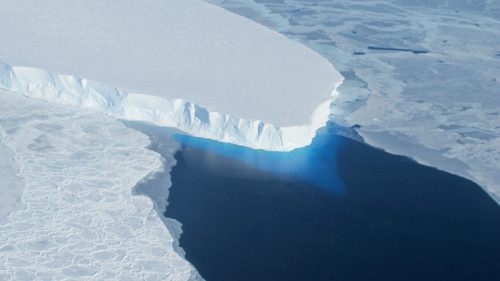From December 2 to 13, the International Court of Justice will hear 98 states and 12 international organizations in The Hague, Netherlands, to provide its advisory opinion on the obligations of states in relation to climate change.
This was reported by Euronews.
During the two weeks of hearings, more than 100 countries and organizations will present their arguments on what actions should be legislated by states to combat climate change.
“This is the largest participation in the International Court of Justice hearings ever. In terms of participation, we can safely say that this is the largest case in human history,” Margaretta Weverinke-Singh, legal counsel in the case of Vanuatu at the International Court of Justice and international lawyer at Blue Ocean Law, told reporters.
Why the International Court of Justice is being asked to weigh in on climate change
The request for an advisory opinion on climate change is part of an attempt to create a stronger accountability system that would establish clear international legal obligations for countries to take climate action.
This initiative was led by small island states, which are most acutely affected by climate change. They began to put pressure on the UN General Assembly (UNGA) to obtain an opinion from the International Court of Justice. Last year, the UNGA finally asked the court to give an opinion on “the obligations of states in relation to climate change.”
What issues will be considered
The 15 judges from around the world will have to answer 2 fundamental questions about the obligations of states in international law:
- What is the duty of states to protect the climate?
- What are the legal consequences when they cause significant damage through their actions or inaction?
Before the hearings, the UN Intergovernmental Panel on Climate Change briefed the judges on the scientific basis of the issue.
What is the significance of the opinion?
The advisory opinion of the International Court of Justice will not be legally binding, meaning that it cannot directly force countries to act, but it will have political and legal significance.
It can show that climate action and commitments are based on the rule of law. This will mean that countries can be held accountable for failing to respond adequately to climate change.
Legal experts predict that the advisory opinion is likely to have an impact on climate change litigation in courts around the world. In particular, it could be used by small island states in cases seeking compensation from developed countries for historical climate damage.
In May, EcoPolitic reported that the International Tribunal for the Law of the Sea ruled that greenhouse gases are marine pollution and obliged the world's states to control and reduce emissions that contribute to climate change.





